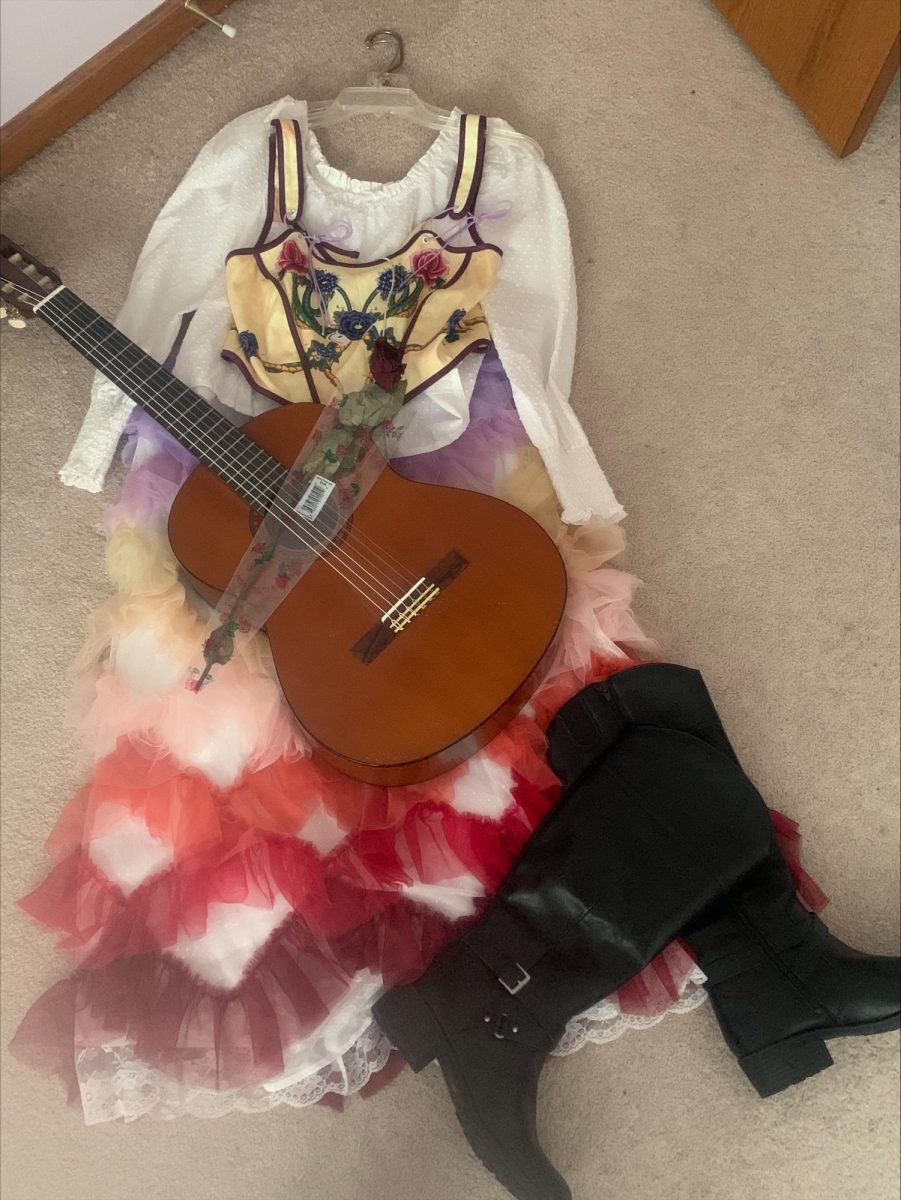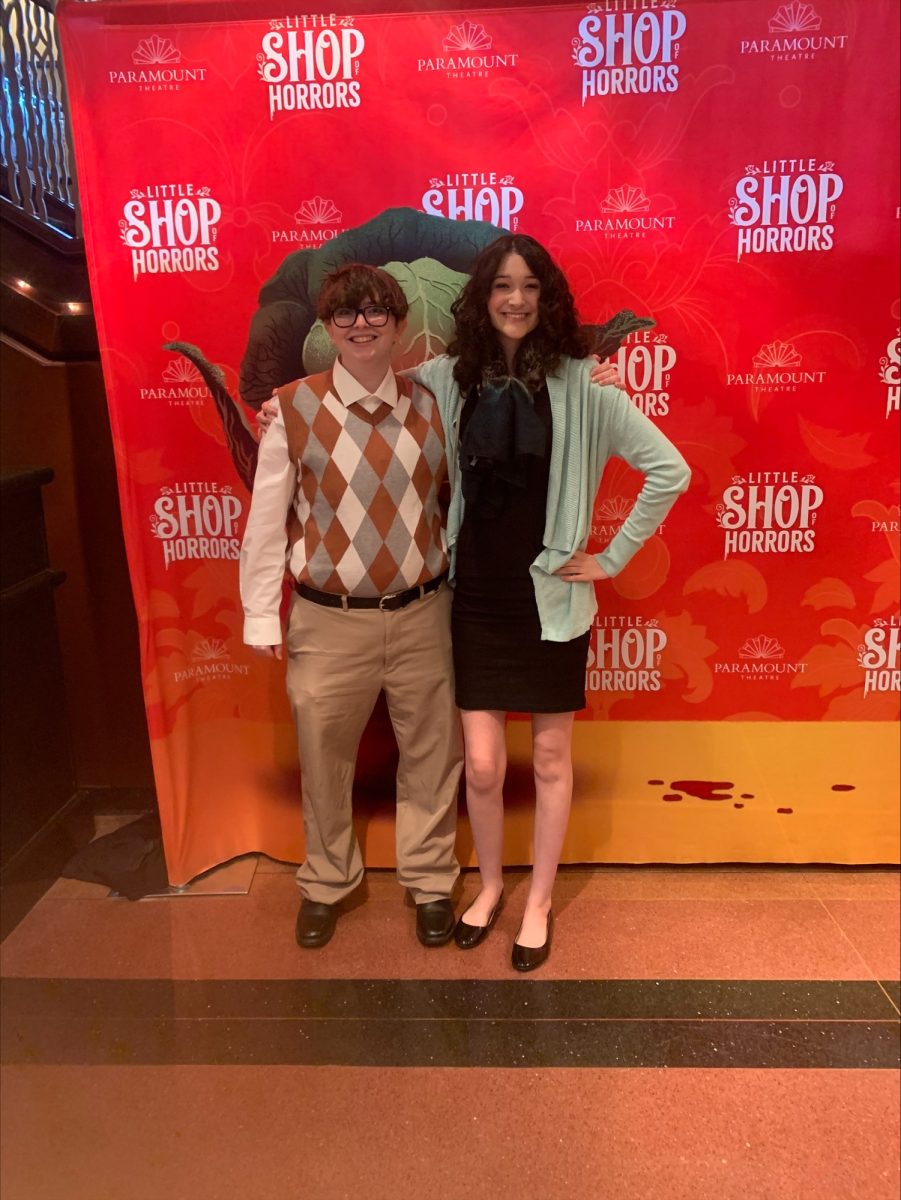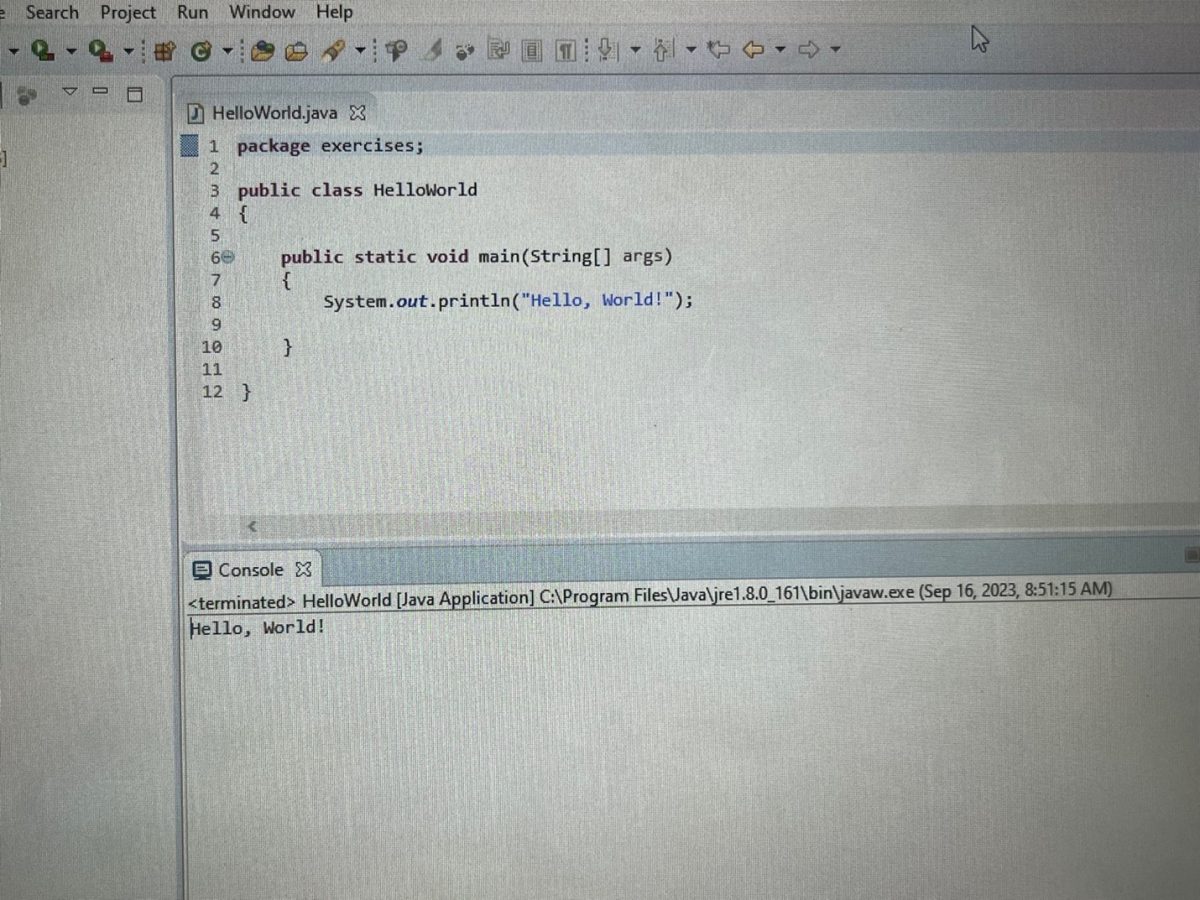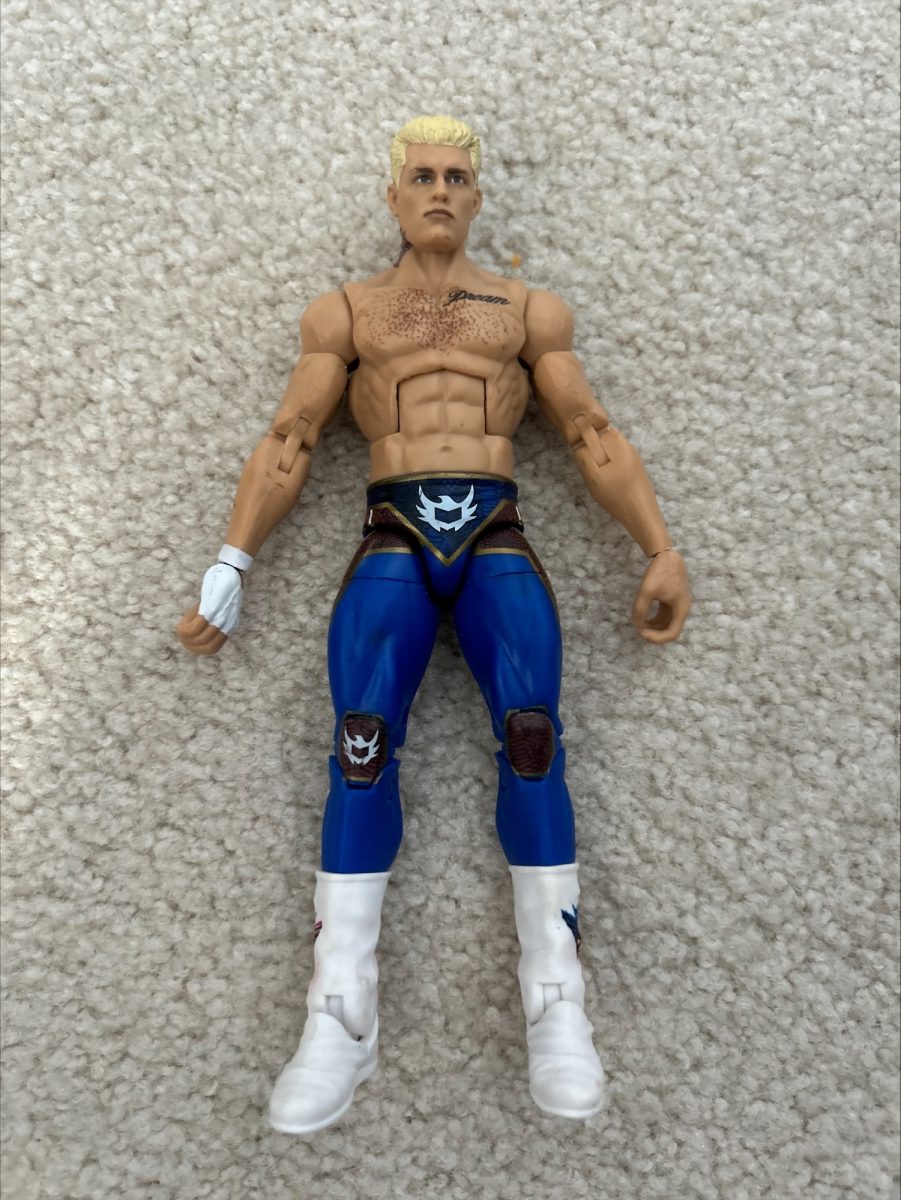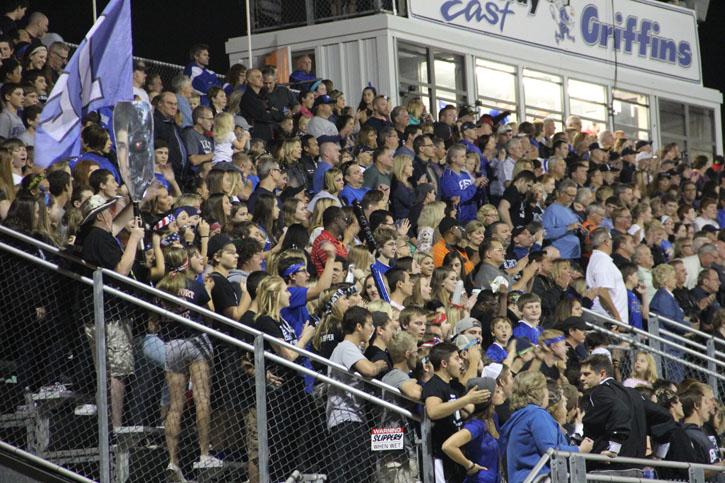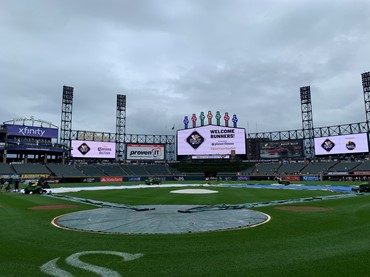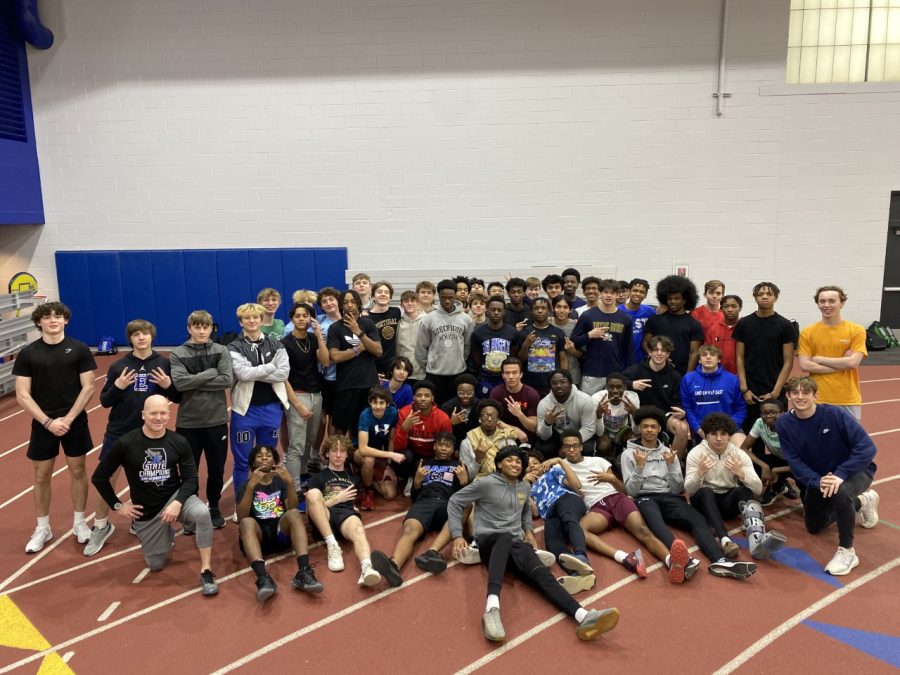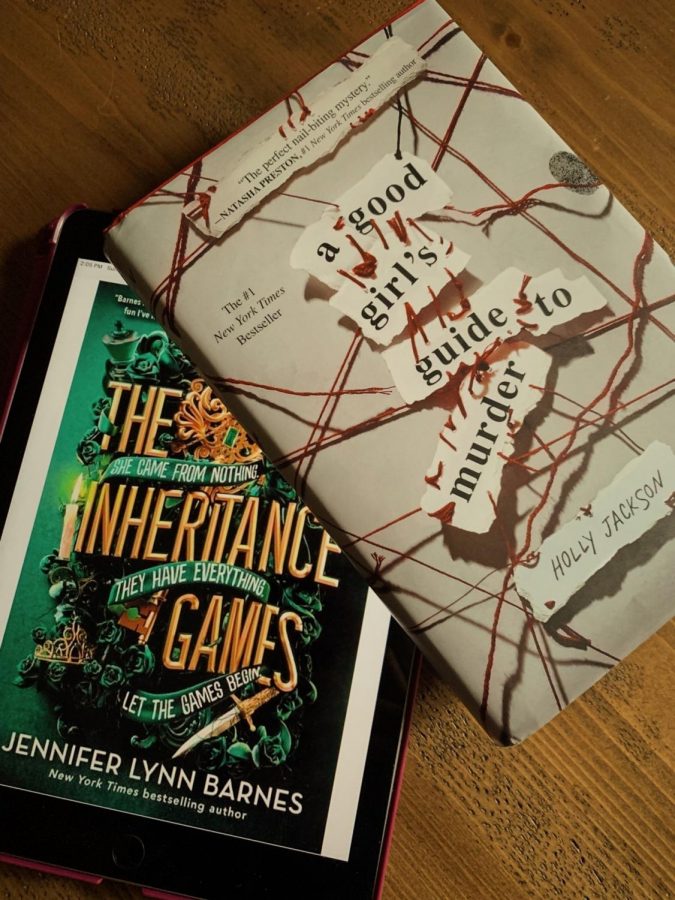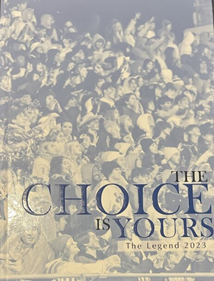Black Friday is not the same anymore. Retailers begin rolling out deals days or even weeks ahead of the biggest shopping days of the year, enticing customers with offers long before they have even taken their first bite of Thanksgiving dinner. Meaning, if you want to score big on a heavily discounted gift, you had better get moving.
Black Friday has obviously changed, most noticeably in that it is no longer one day. It also no longer starts the day after Thanksgiving. This year, Amazon and Best Buy started their Black Friday sales a full week early on Nov. 17. Target began offering seasonal discounts on Nov. 19. Retail experts say businesses know that shoppers will spend generously during this holiday season, and longer sale windows just give companies more time to achieve the $957 billion (about $2,900 per person in the US) shoppers are expected to spend this year. Competition may also play a role in these current trends. If your competitor starts its Black Friday sale early and threatens to steal away some of your potential customers, you might choose to move up your sales.
Also, customers themselves are starting their holiday buying earlier. A RetailMeNot survey released in September found that 83% of shoppers intended to start their holiday shopping before Thanksgiving — with 64% saying they started buying gifts beginning in October.
- All in all, consumers can still win out during Black Friday sales, because the abundance of discounts means that people buying a variety of items will most likely save money overall. Still, that does not mean sorting through the thicket of holiday sales is easy for even the most experienced shoppers. What used to be a one-day sale across the economy is now a constellation of deals, discounts, and promotions that each retailer does differently. And while shoppers may still save money, it is not likely to get any easier for them to navigate the many Black Friday sales anytime soon.





